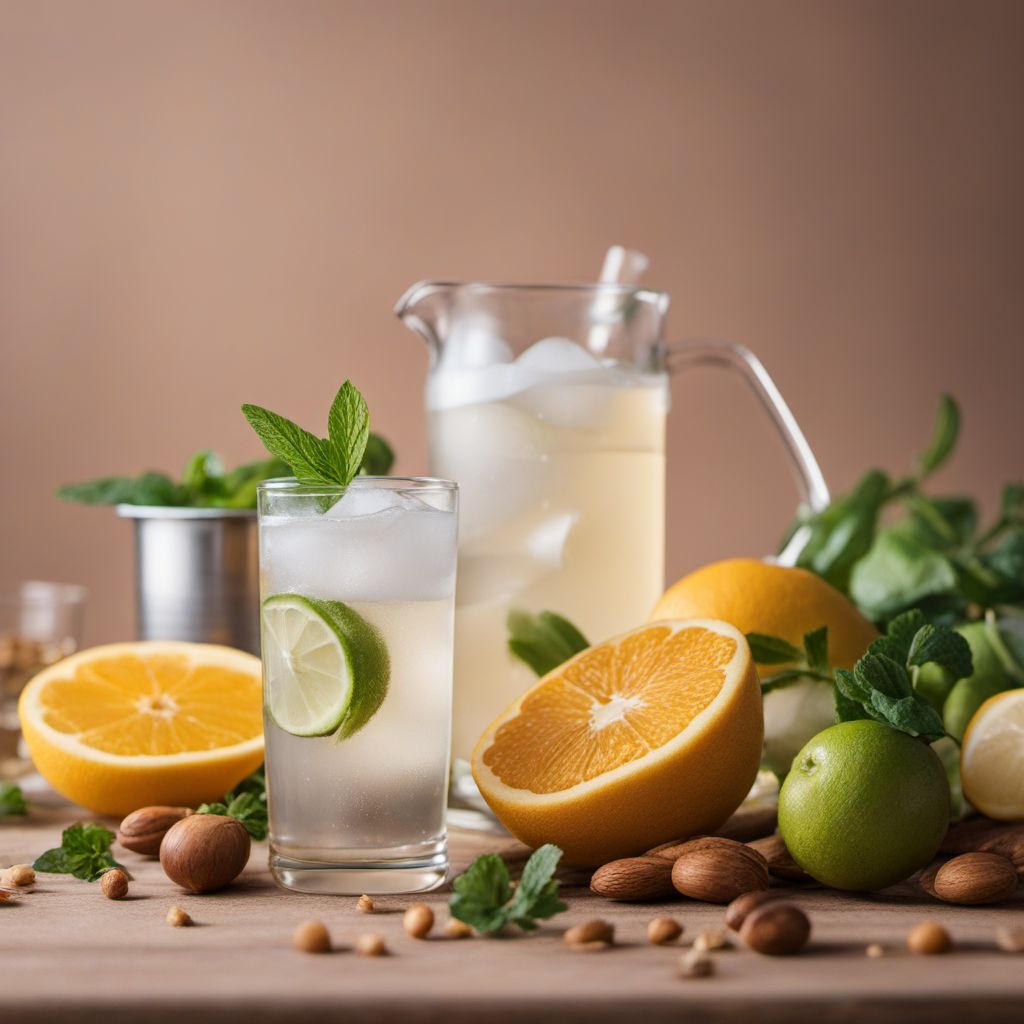
Ingredient
Water, water-based beverages and related ingredients
Quenching Thirst and Nourishing Life: The Power of Water
Water, a transparent and odorless liquid, is the elixir of life. It is characterized by its neutral taste, refreshing texture, and clear appearance. Its versatility allows it to adapt to various culinary applications, making it an indispensable ingredient in cooking, baking, and beverage production. Water's ability to dissolve and carry flavors makes it an excellent medium for infusions, broths, and sauces. Its hydrating properties also contribute to the moistness and tenderness of baked goods.
Origins and history
Water, as a natural resource, has been present since the beginning of Earth's existence. Its historical significance lies in its role as a life-sustaining element, shaping civilizations and cultures around the world. Ancient civilizations recognized the importance of water for agriculture, trade, and survival. The development of water management systems, such as aqueducts and wells, revolutionized human settlements and allowed for the growth of advanced societies.
Nutritional information
Water is calorie-free and essential for maintaining proper hydration. It is a vital component of the human body, comprising about 60% of our total body weight. It helps regulate body temperature, aids digestion, transports nutrients, and flushes out waste products.
Allergens
Water is not known to cause allergies or intolerances.
How to select
When selecting water or water-based beverages, look for products that are free from contaminants and meet safety standards. Check for clear packaging, intact seals, and expiration dates. For tap water, consider using a water filter to remove impurities.
Storage recommendations
Water should be stored in clean, food-grade containers in a cool and dry place, away from direct sunlight. Avoid storing water near chemicals or strong odors that may affect its taste and quality.
How to produce
While water cannot be produced by individuals, it can be obtained through various sources such as tap water, bottled water, or natural springs. To ensure the quality of tap water, it is recommended to use filtration systems or boil it before consumption.
Preparation tips
Water is primarily used as a base for beverages, soups, stews, and sauces. It can also be used for boiling, steaming, blanching, and poaching. When using water in cooking, consider the quality and taste of the water, as it can affect the overall flavor of the dish.
Culinary uses
Water is the foundation for a wide range of beverages, including teas, coffees, juices, and smoothies. It is also essential for cooking grains, pasta, and vegetables. In baking, water is used to hydrate doughs, dissolve ingredients, and create steam for crust development.
Availability
Water is universally available and accessible in all regions and countries.
More ingredients from this category
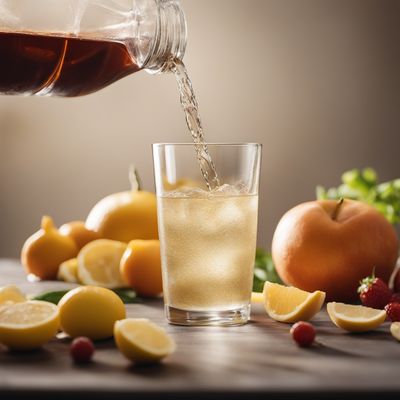
Drinking water
The Elixir of Life: Unveiling the Secrets of Drinking Water
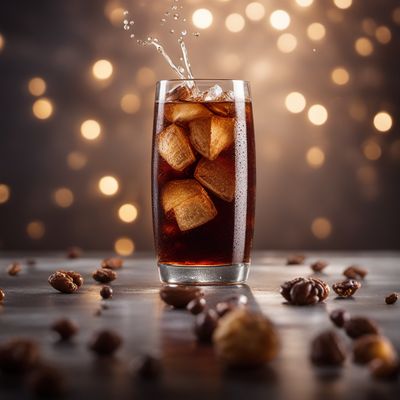
Cola-type drinks
Beyond the Bubbles: The Fascinating World of Cola-type Drinks
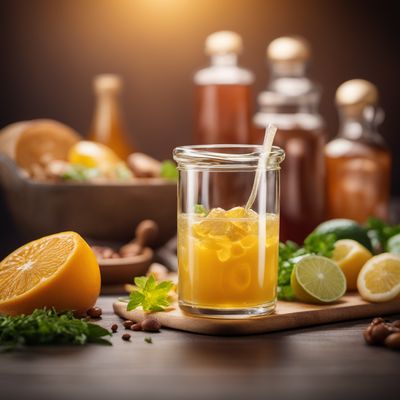
Drink mixes
The Art of Mixology: Elevate Your Beverage Game with Drink Mixes
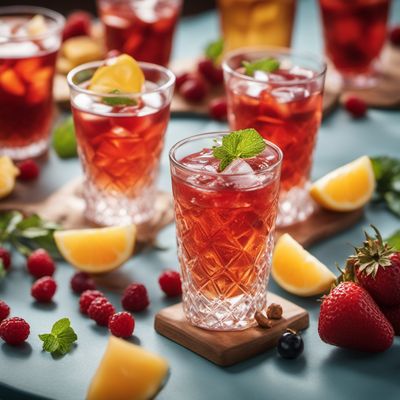
Soft drinks with minor amounts of fruits or flavours
Fizzy Fruit Infusions: Elevating Soft Drinks with Subtle Flavors

Functional drinks
The Power of Functional Beverages
Recipes using Water, water-based beverages and related ingredients » Browse all
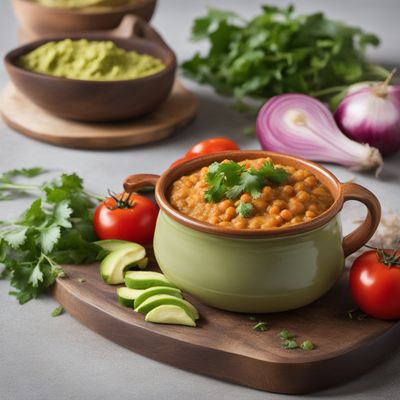
Midwestern Doubles
Savory Chickpea Pancakes with Spiced Toppings

Homemade Matcha Daifuku
Matcha Delight: Homemade Japanese Green Tea Daifuku

Molecular Gastronomy Cochinita Pibil
The Transformed Cochinita Pibil: A Molecular Gastronomy Delight

Homemade Spinach and Ricotta Tortelli
Savory Delights: Handcrafted Spinach and Ricotta Tortelli
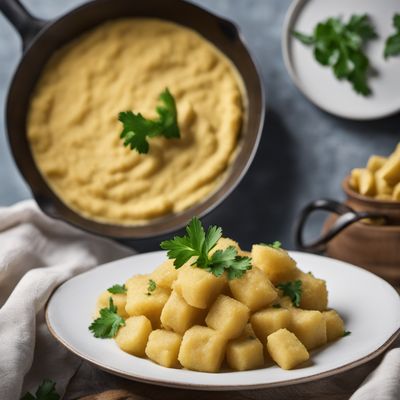
Creamy Cornmeal Gnocchi with Potatoes and Sour Cream
Golden Delight: Creamy Cornmeal Gnocchi with a Twist

Korean-style Shrimp Fritters
Crispy Shrimp Delight: Korean-style Fritters with a Twist

African-inspired Chien Chang Go
Savory African Rice Cakes with Spicy Peanut Sauce
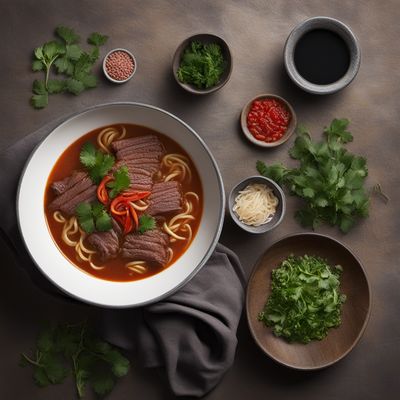
Peruvian Beef and Noodle Soup
Andean Delight: A Hearty Peruvian Beef and Noodle Soup
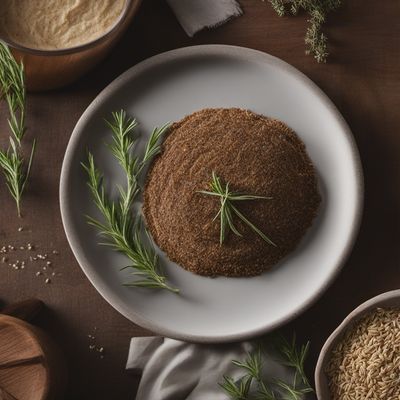
Icelandic Flatkaka with a Twist
Savory Delight: Reinventing Icelandic Flatkaka
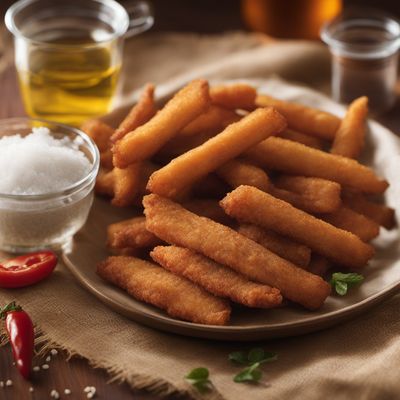
Belizean Fry Jacks
Golden Pillows of Belizean Delight
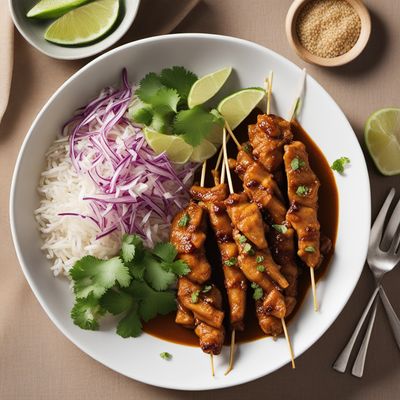
Indonesian Chicken Satay with Peanut Sauce
Savory Skewered Chicken Delight with Creamy Peanut Sauce

Korean Chocolate Rice Cake
Decadent Chocolate Delight: Korean Style Rice Cake